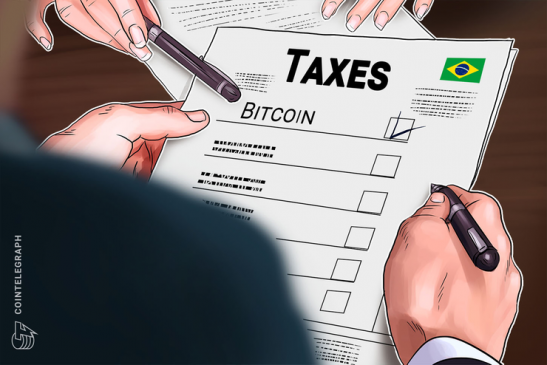The head of a major Brazilian trade association, the Federation of Industries of the State of São Paulo (FIESP), said that Brazilians could start using crypto to evade taxes.
Paulo Skaf, the president of the FIESP, expressed concern over the recent tax reform proposal by Brazilian President Jair Bolsonaro, Cointelegraph Brazil reports on July 25. He reportedly warned that the new tax system could force citizens to use crypto such as Bitcoin (BTC) for tax evasion purposes.
In a recent interview with local newspaper Folha de São Paulo, Skaf criticized the upcoming tax reform, calling it a mistake that would be an invitation to evade taxes and lead to unfeasible situations in various sectors. Skaf said:
“This would naturally lead to a migration to other forms of payment, such as cryptocurrencies. It’s going to be unfair: those who trade in cryptocurrency don’t pay, and those who trade in reals will pay.”
Government wants to simplify tax system
Pres. Bolsonaro recently said that the government has been seeking to simplify federal taxes by combining a number of existing taxes into one single tax. According to local English language publication The Rio Times, income tax changes are expected to be proposed in August, with the government planning to merge five consumption taxes into a single federal tax with a rate of 15%.
Meanwhile, Brazil’s Ministry of Economy recently halved its 2019 growth forecast to 0.8% as the administration has been struggling to raise cash amid squeezed revenues. On July 20, Bolsonaro said that Brazil’s federal government will need to cut its budget by 2.5 billion reals ($661 million) as weak economic growth continues to squeeze revenue.
As recently reported by Cointelegraph, Brazil’s unemployment rate is around 12.5%, with more than 13 million Brazilians currently out of work. In such an environment, cryptocurrency’s low barrier to entry and purported possibility of large returns has proved an appealing draw for many investors in the country.
Recently, the Department of Federal Revenue of Brazil released new rules requiring that cryptocurrency exchanges collect and report users’ transaction data to identify tax fraud.




